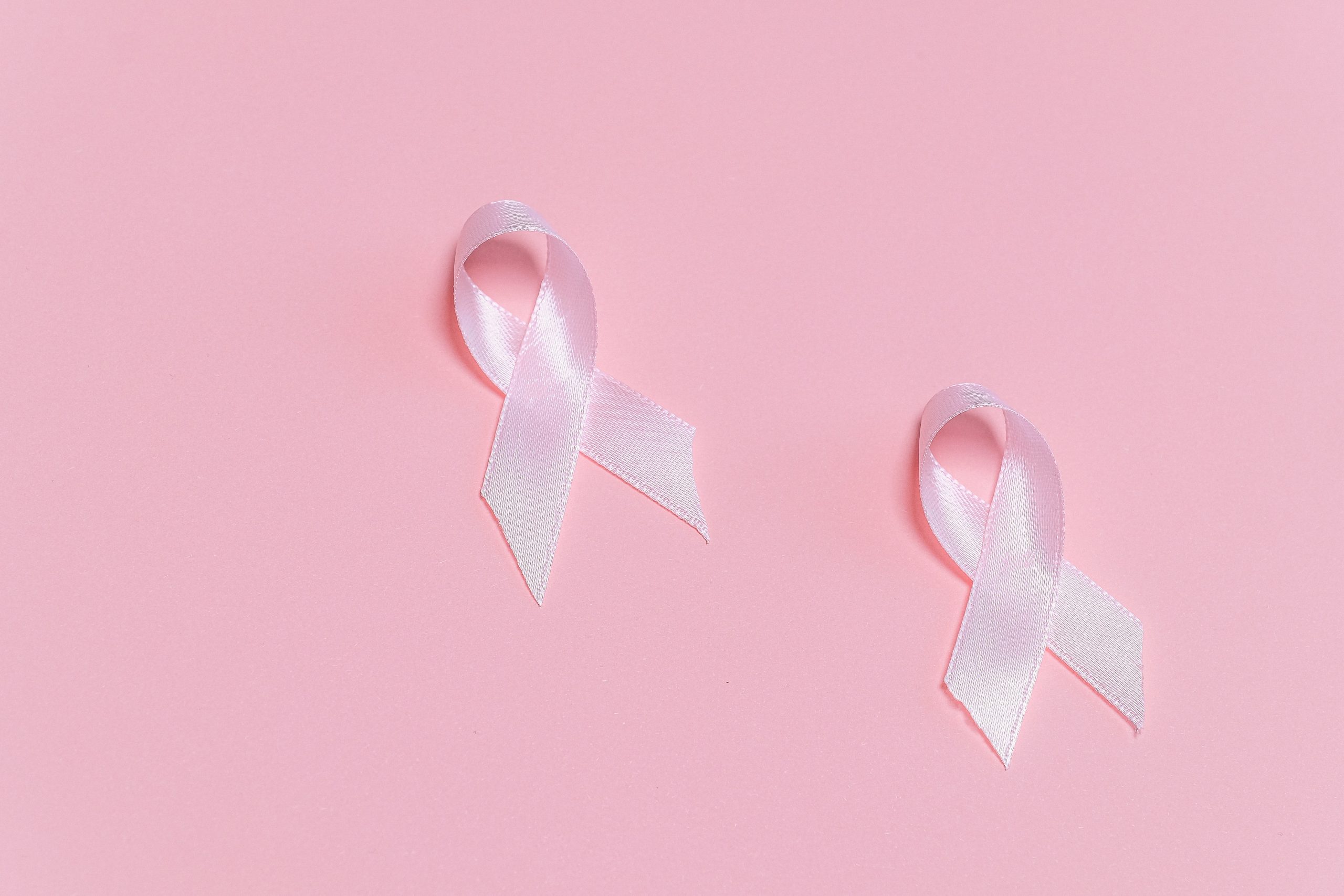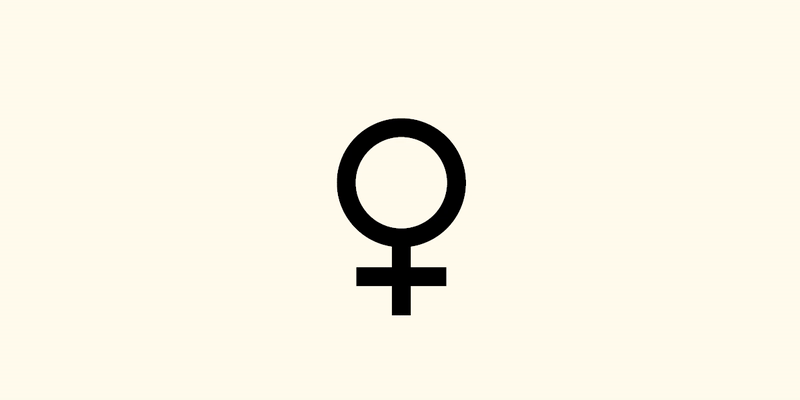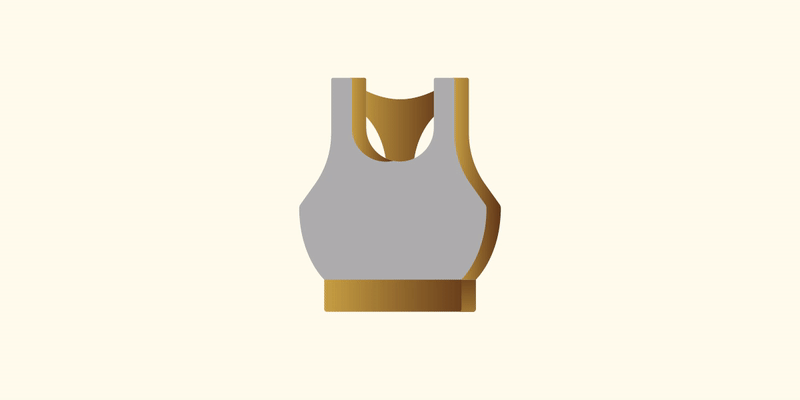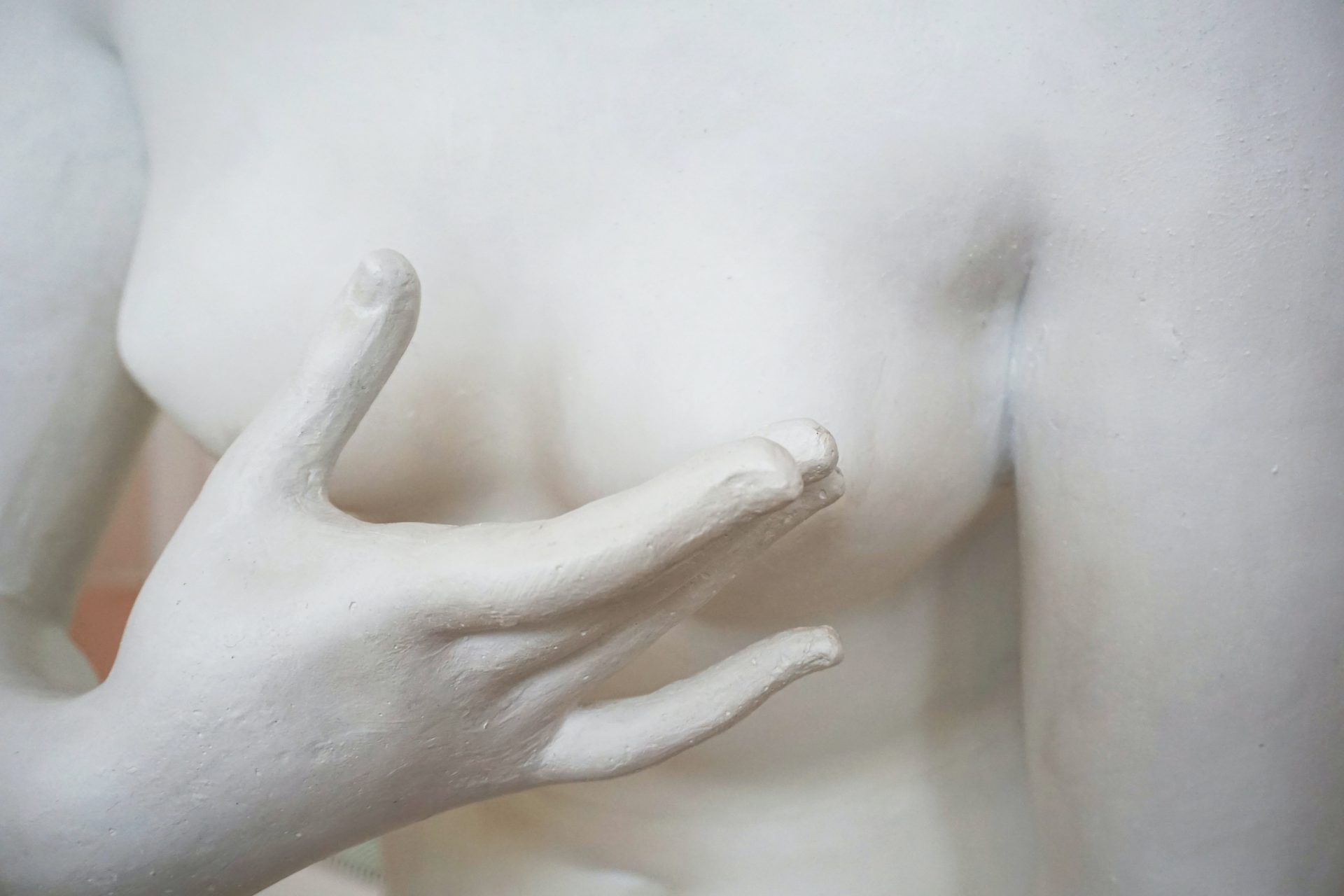However, sometimes paranoia can get the best of us, and we end up blindly believing every single morsel of “information” out there about breast cancer. In that vein, we’re here to dispel 10 of the most common (and uncommon) myths about breast cancer.

Only women get breast cancer
While it is a rare occurrence, men can also develop breast cancer, since all people are born with some breast cells and tissue.This is usually detected as a hard lump underneath the nipple and the areola. Awareness of breast cancer in men should be raised more often, since not many are aware of it, and may not assume a lump in their chest is a sign of breast cancer.
 You won’t get breast cancer if it doesn’t run in your family
You won’t get breast cancer if it doesn’t run in your family
Everyone runs some risk of getting breast cancer – with or without history. According to the Breast Cancer Foundation, about 80% who get breast cancer actually have no known family history of the disease. The biggest risk factor for breast cancer has more to do with increasing age, while a family history of breast cancer may or may not elevate your risk. To alleviate any concerns that you might have, it’s best to discuss your family’s medical history with a trusted physician or a genetic counsellor.
Only older women can get breast cancer
While the risk of getting the disease increases with age, breast cancer can occur even in your youth. In Malaysia, the overall lifetime risk of getting breast cancer is 1 in 19 women. Assuming that women live until the age of 90, the chance of getting breast cancer over the course of a woman’s entire lifetime is 1 in 7, with an overall lifetime risk of 14.3%.
Bigger breasts = higher risk
What makes your breasts larger or smaller is the amount of fat and stroma (fibrous tissue), which has not shown evidence in increasing your risk of getting breast cancer. Breast cancer actually develops in the cells lining the ducts or lobules, which are parts that are responsible for milk production and transportation to the nipple. Regardless of the breast size, all women have the same number of these parts. So no, the size of your breasts doesn’t increase nor decrease your risk.
Wearing a bra with underwire can cause breast cancer
This myth stems from the belief that wearing bras with an underwire will restrict the flow of lymph fluid in the breast, which results in toxic buildup in the area. However, there is no reliable evidence or study to actually support this. It is still important to wear a well-fitting bra to prevent discomfort, pain, and swelling – especially for women with larger breasts.
 Antiperspirants will cause breast cancer
Antiperspirants will cause breast cancer
The claim that antiperspirants or deodorants causing breast cancer are based on the concerns of antiperspirant chemicals being absorbed into the skin, thus blocking the release of toxins when you sweat and causing toxin buildup. However, there has been no evidence that these active ingredients has any influence on breast cancer risk.
If you feel breast pain, it means you have breast cancer
It’s not uncommon for women of childbearing age to feel breast tenderness or soreness at certain times such as before their periods, or if they’re expecting. But if you manage to rule those two possibilities out, and are concerned about breast pains (regardless of your age), it’s best to consult your doctor.
A monthly physical exam is enough to detect breast cancer
The most reliable way to find breast cancer as early as possible is actually be getting a high quality, film-screen mammography every year. By the time you can feel a breast cancer lump, it’s usually bigger than the average size of the cancer first found on mammography. For the best results and to cover both your bases, it’s best to have a combination of a monthly self-exam and yearly mammography.
 Mammograms can cause breast cancer
Mammograms can cause breast cancer
Speaking of mammograms, the biggest reason women actively avoid mammograms is the risk of radiation exposure. However, the benefits of mammography greatly outweighs the potential harm from being exposed to radiation. Mammograms only require very small doses of radiation, so risking any harm from it is extremely low.
Taking birth control pills will cause breast cancer
This is a particularly tricky myth. The only time when studies linking birth control pills and breast cancer are based on older formulations of the pill, which – compared to today’s pills – contained much higher doses of estrogen and various types of progestin. The pills back then showed a slight increase in the risk of getting breast cancer, and the risk subsides once you stop using the contraceptive.
Today, modern birth control pills usually contain a lower dose of hormones, meaning it doesn’t pose the same risk as the high-dose formulations. They are also able to provide their own set of benefits, such as improving bone mineral density, decreasing the risk of ovarian and endometrial cancer, and relieving menstrual disorders. At the end of the day, like all medicines, you’ll need to weigh out the risks and benefits to see what suits you best. If you’re not keen on taking the pill as birth control, there are also other options such as mini-pills, injectables, implants, and intrauterine devices (IUDs).
Illustrations by Anson Siau
Featured image: Unsplash












